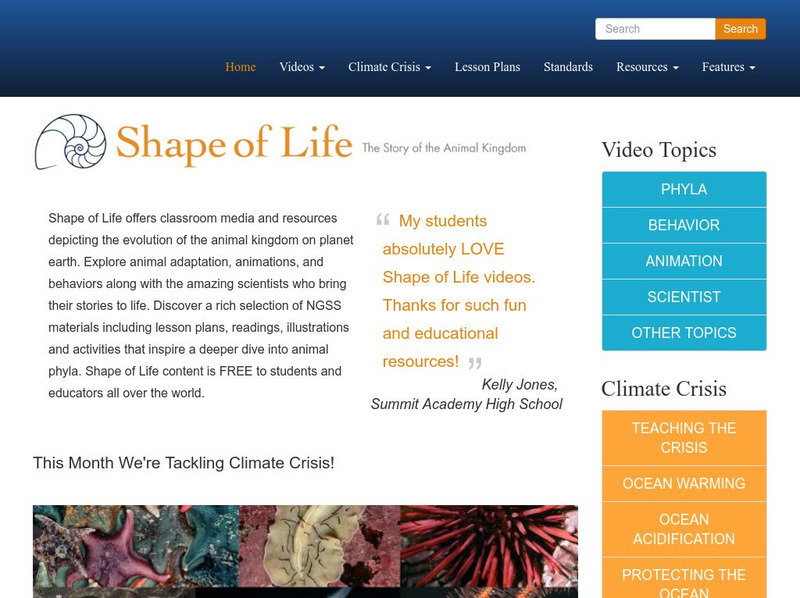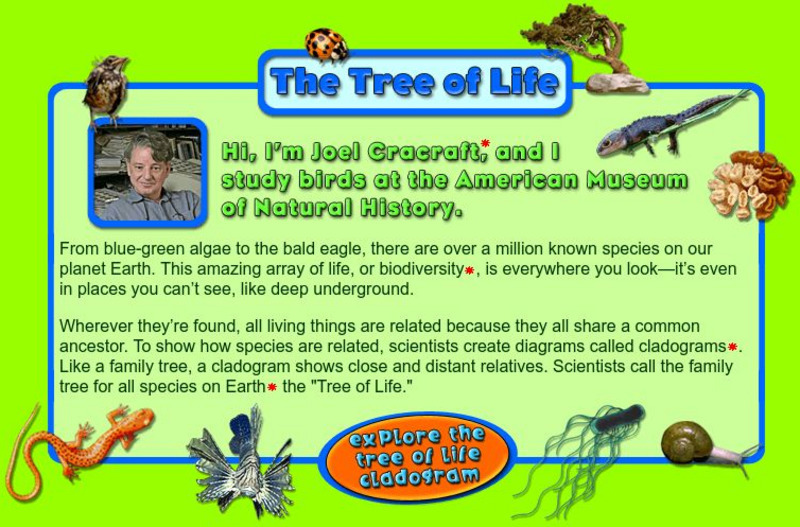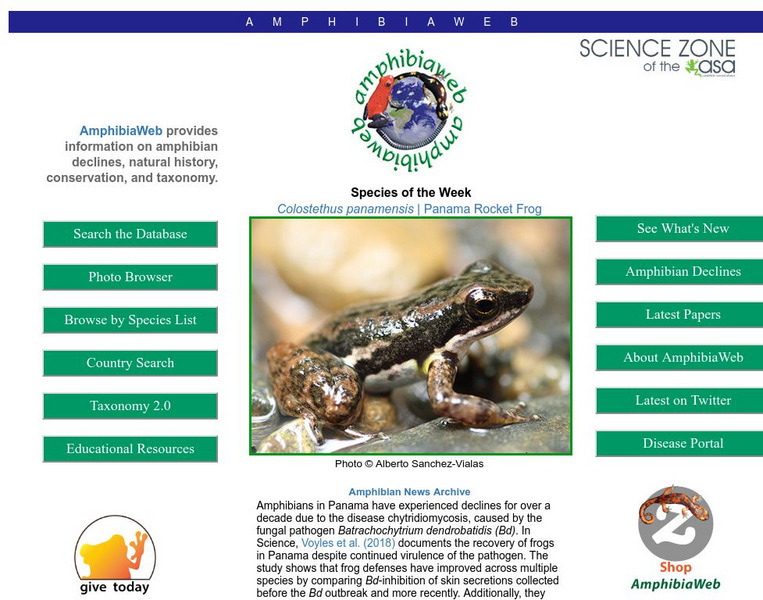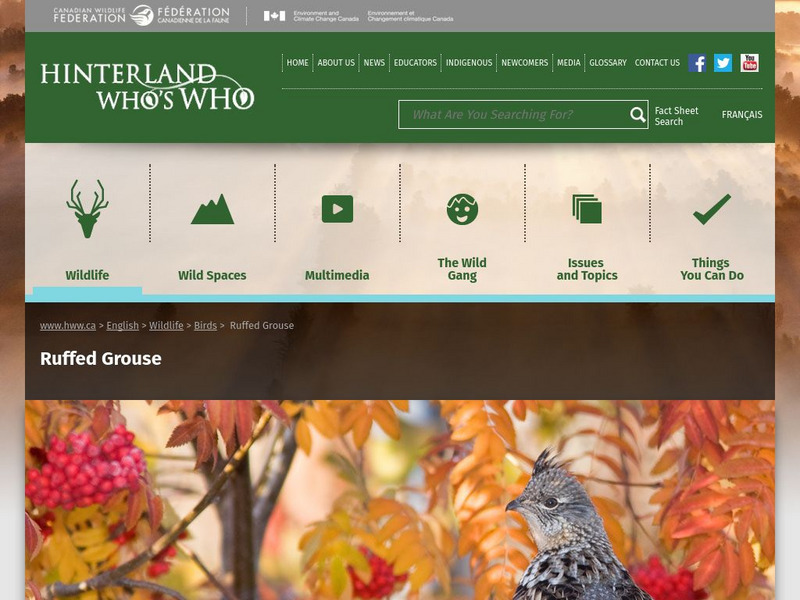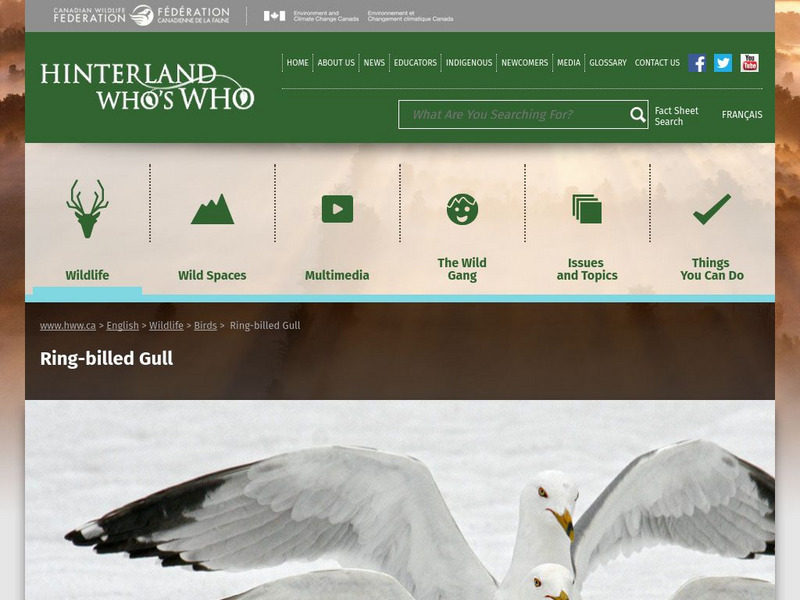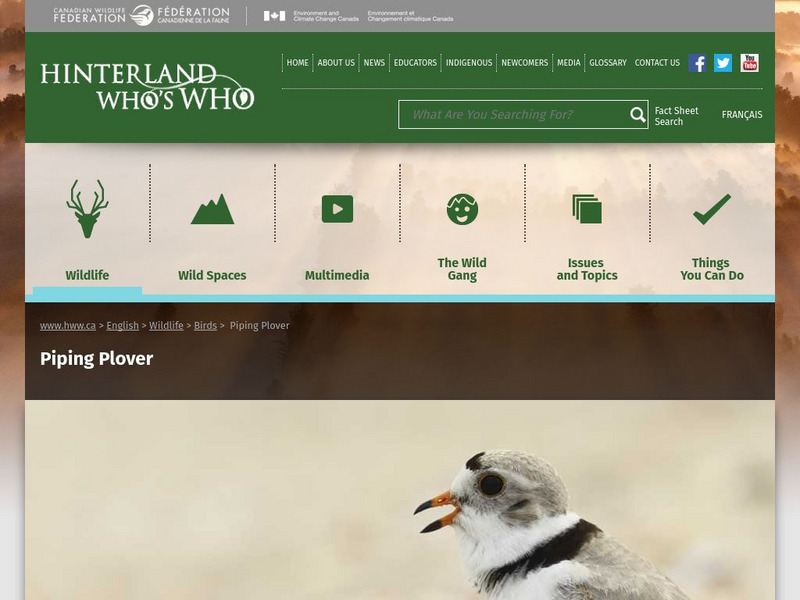Hi, what do you want to do?
Tree of Life Project
The Tree of Life Web Project
The Tree of Life is a multi-authored, Internet distributed project containing information about phylogeny and biodiversity. The Tree of Life can be used to locate information about a particular group of organisms through their taxonomy.
Sea Studios Foundation
Shape of Life: The Story of the Animal Kingdom
Shape of Life is a series of videos which explore the evolution of the animal kingdom. Discover those who study animals and the methods in which these scientists use to learn more about them.
American Museum of Natural History
American Museum of Natural History: O Logy: The Tree of Life
Learn about the diversity of species on Earth by exploring a cladogram, a graph-like tree of life that illustrates relatedness among species. Includes instructions for reading cladograms and a pie chart that summarizes the percentages of...
Tree of Life Project
The Tree of Life Web Project
The Tree of Life Web Project contains information on living organisms including their history and characteristics. Over 3,000 web pages are linked together uniting all living things.
PBS
Pbs Learning Media: Living and Nonliving
What is it that distinguishes a living organism from a nonliving object? This collection of images presents examples that aren't as clear-cut as one might think, enticing students to question the meaning of life.
University of California
Regents of the University of California: Amphibia Web
AmphibiaWeb, a site inspired by global amphibian declines, is an online system that allows free access to information on amphibian biology and conservation. This site is filled with amphibian facts, a glossary of terms, species numbers,...
Other
Mcsuk: Seas Fit for Life
In this thorough site, you will find lots of teacher resources including marine environmental issues.
BBC
Bbc Nature: Prehistoric Life: Irish Elk
Examine the enthralling world of the Irish elk by uncovering details about its behaviors, habitats, geological time periods, and classification through photos, a video, descriptions, and external links.
NASA
Nasa: Astronomy Picture of the Day: Edwin Hubble 1889 1953
Part of the NASA website, this is a reprint of an article in the Journal of the Royal Astronomical Society of Canada about Edwin Hubble's life and accomplishments, stressing his role in the development of modern astronomy.
Other
Marine Flatworms of the World!
This personal page provides a table of contents to everything one would want to know about marine flatworms. Includes photos, charts, references, and much more.
Natural History Museum
Natural History Museum: Reptiles, Amphibians and Fishes
This online exhibit from the Natural History Museum branches out in many fields to cover the broad topics of reptiles, amphibians and fishes. Thirteen subtopics are provided including several videos and informative articles.
Earth Life
Earth Life Web: Bird Orders of the World
At this site from Earth-Life Web, you can find a list of 23 bird orders and additional facts on each species. Taxonomy and photos are included.
Canadian Wildlife Federation
Hinterland Who's Who: Semipalmated Sandpiper
Get the facts about the Semipalmated Sandpiper. Besides finding a detailed physical description of this shorebird, you?ll also learn about some of its unique facts and characteristics. Also included in this Bird Fact Sheet on the...
Canadian Wildlife Federation
Hinterland Who's Who: Ruffed Grouse
Get the facts about the Ruffed Grouse. Besides finding a detailed physical description of this woodland bird, you?ll also learn about some of its unique facts and characteristics. Also included in this Bird Fact Sheet on the Ruffed...
Canadian Wildlife Federation
Hinterland Who's Who: Ring Billed Gull
Get the facts about the Ring-billed Gull. Besides finding a detailed physical description of North America?s most abundant gull, you?ll also learn about some its unique facts and characteristics. Also included in this Bird Fact Sheet on...
Canadian Wildlife Federation
Hinterland Who's Who: Piping Plover
Get the facts about the Piping Plover. Besides finding a detailed physical description of this bird, you?ll also learn about some its unique facts and characteristics. Also included in this Bird Fact Sheet on the Piping Plover is...
Canadian Wildlife Federation
Hinterland Who's Who: Downy Woodpecker
Get the facts about the Downy Woodpecker, eastern North America's most common woodpecker. Besides finding a detailed physical description of the smallest member of the woodpecker family, you'll also learn about some of this bird's unique...
Other
Whale Net: Species and Behavior Information
How do whales sleep? How do whales use sound? Discover the answers to these questions and many more as you peruse this site. Includes various links on information and images of many species.
BBC
Bbc: Earth: Tardigrades Return From the Dead
Tardigrades are ancient, fascinating creatures that can survive conditions that would kill most life forms, including extreme heat and absolute zero, extreme pressure and a vacuum, and deadly radiation. They can even survive being...
Houghton Mifflin Harcourt
Harcourt: Biographies: Annie Jump Cannon
This is a fantastic account of the life of astronomer, Annie Jump Cannon. Included in this biography are additional links to photographs of her tools and her accomplishments.
Other
K 3 Learning Pages: Reptiles and Amphibians
Come and discover more about reptiles and amphibians when you explore this awesome resource. This site is filled with useful links.






